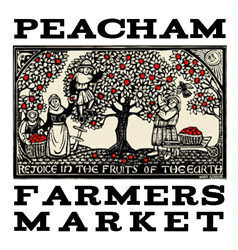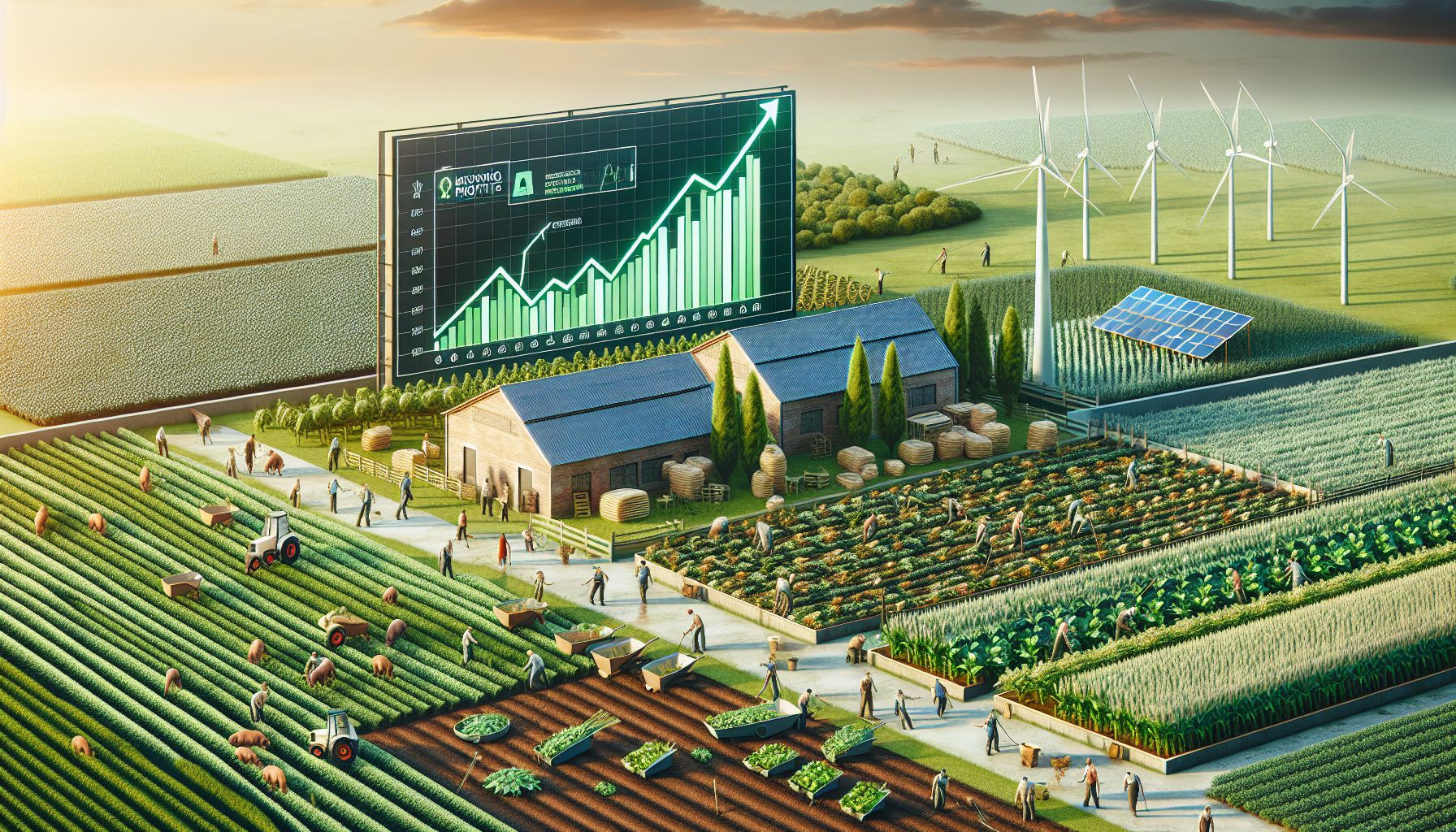Farming has been an essential aspect of human civilization for millennia, shaping economies and ecosystems around the world. However, with the growing population and changing climate, modern farmers face numerous challenges in maintaining sustainable and profitable agricultural practices. In this blog post, we will explore the latest trends in sustainable agriculture, the challenges faced by modern farmers, and the impact of farming on the environment.
Sustainable agriculture is the practice of producing food, fuel, and fiber while preserving the environment and resources for future generations. It aims to strike a balance between meeting the current needs of the farmers, consumers, and the environment. One of the latest trends in sustainable agriculture is the use of regenerative farming techniques. This approach focuses on building healthy soils by utilizing cover crops, crop rotations, and natural fertilizers. These practices not only increase soil health but also sequester carbon, helping to combat climate change.
Another trend in sustainable farming is the use of precision agriculture through technology. With the help of modern tools like drones, GPS mapping, and data analytics, farmers can monitor their crops’ health, water usage, and soil conditions. This not only helps reduce waste and increase efficiency but also minimizes the use of harmful chemicals and fertilizers. Additionally, precision agriculture can also improve animal welfare and reduce the environmental impact of animal husbandry.
Despite these advancements, modern farmers face numerous challenges in their efforts to maintain sustainable and profitable agricultural practices. One of the most significant challenges faced by farmers is climate change. Extreme weather events, such as droughts, floods, and heatwaves, have become more frequent and severe, causing crop failures and livestock losses. As a result, farmers have to adapt their farming techniques, invest in new equipment, and incur extra costs to protect their crops and animals.
Another challenge faced by modern farmers is the increasing demand for organic and locally sourced produce. While these trends are positive for the environment and consumer health, they can be financially burdensome for small and mid-sized farmers. Meeting the stringent standards and certifications for organic farming can require significant investments and resources, making it difficult for farmers to compete with larger industrial operations.
The impact of agriculture on the environment is a topic of growing concern. While farming is essential for feeding the world’s growing population, it is also a significant contributor to greenhouse gas emissions, water pollution, and loss of biodiversity. Industrial farming practices, such as monoculture, excessive use of pesticides and fertilizers, and land conversion, have led to negative consequences for the environment. Sustainable farming practices not only help mitigate these impacts but can also reverse the damage already done.
In conclusion, the art of farming has evolved over the years, and the modern farmer faces various challenges to maintain sustainable and profitable practices. Trends in sustainable agriculture, such as regenerative farming and precision agriculture, show promise in addressing these challenges. However, supporting small and mid-sized farms and implementing sustainable practices on a larger scale is crucial for the long-term health of our planet. As consumers, we also have a crucial role to play by choosing to support sustainable farming and making conscious food choices. Only by working together can we ensure a future where farming continues to shape and sustain our world.

